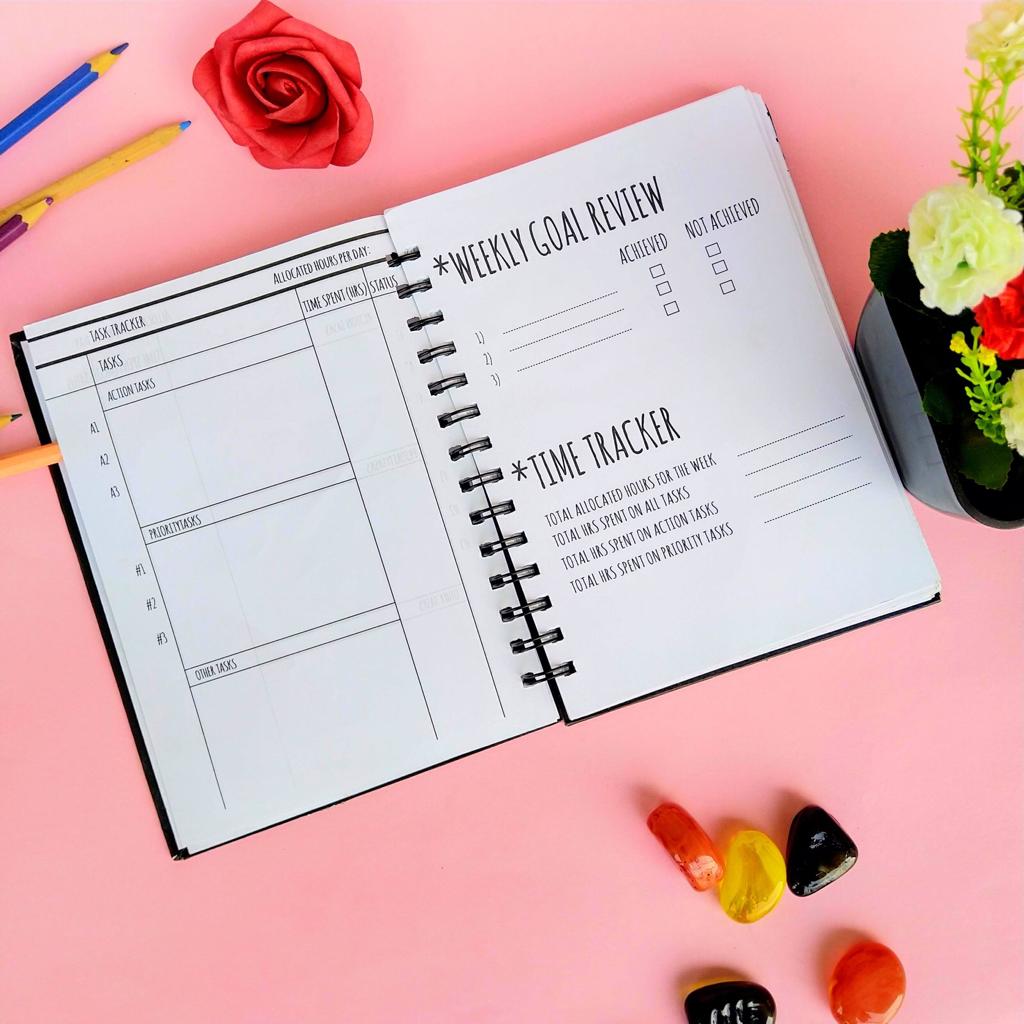Rejection
/rɪˈdʒɛkʃ(ə)n/
You’ll never grow as a person or as a creative by staying in your comfort zone and trying new things increases the risk of rejection.

Here are our top tips for dealing with rejection and even how you can turn an unpleasant experience into a positive one
1. Understand that rejections are not always reflective of your talent
There are plenty of reasons for rejection. Maybe you weren’t the right fit for the job (or the timing was off), your creative style doesn’t match the brand aesthetics, or the agencies you’re contacting aren’t the right fit for your niche.
2. Consider where the feedback is coming from
In important cases, try to learn why they are providing this type of feedback. Consider the feedback you receive and where it’s coming from to determine whether it truly is helpful.
3. Pick the lessons and learn from it
Knowing the reason you were turned down will help you know what you might want to correct before another opportunity arrives. Try writing down why this experience was painful, allow yourself a few days or weeks to grieve, and then write down a list of things this experience has taught you. Be thankful for the experience, and start moving on.
4. Accepting the pain of rejection is a form of healing
If you are let go from a job or lose a client, there’s bound to be some pain associated with the experience.
It is important not to bury the rejection or maintain a toxically positive outlook despite what you’re feeling. Allowing yourself to feel and experience the pain of rejection is a form of healing.
5. Use it to become more creative
Psychologically, rejection can mess with our heads, rather, use it to become more creative.
Letting rejections fuel your fire can push you forward and even help redirect your energies into something much better than your initial concept. Remember the rejection, but don’t let it make you spiteful. Always stay humble but driven.
Have you experienced rejection in the past? We would like to know how you handled it.
Please use the comment box.



